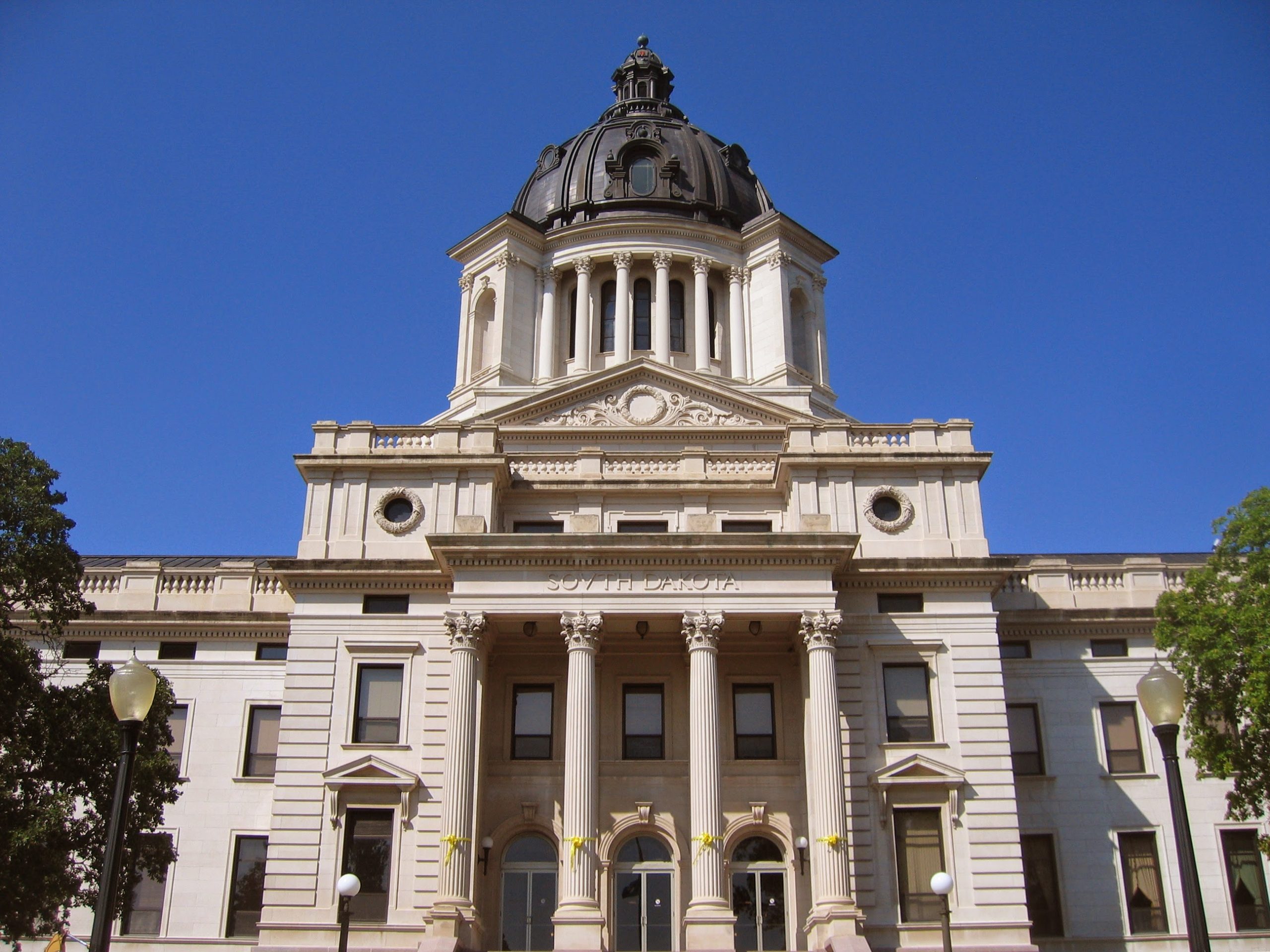In South Dakota, a citizen-initiated constitutional amendment that would establish top-two primaries in the state was certified on May 21, 2024. Voters will decide on the initiative at the general election on Nov. 5.
South Dakota Open Primaries, the campaign behind the initiative, submitted about 46,500 signatures on May 7. A random sample determined that 36,350 of these signatures were valid. The requirement was 35,017. The initiative was given the official title Constitutional Amendment H.
Amendment H would provide for top-two primary elections for the offices of governor, state legislator, county official, U.S. senator, and U.S. representative. All candidates for a certain office would be listed on the primary ballot, regardless of the candidate’s political party, and the two candidates receiving the highest number of votes for a single office would advance to the general election.
Two states—California and Washington—use a top-two primary system for congressional and state-level elections. Washington became the first state to adopt a top-two primary system with the passage of Initiative 872 in 2004, which voters approved by 59.85%-40.15%. California approved top-two primaries in 2010 when voters approved Proposition 14 by 53.73%-46.27%.
Nebraska uses a top-two primary system for state legislative elections. Nebraska’s state legislature is nonpartisan. Partisan affiliation labels are not listed alongside the names of state legislative candidates. Alaska uses a top-four primary system for state executive, state legislative, and congressional elections, which voters approved in 2020 by 50.55%-49.45%.
South Dakota voters previously rejected a constitutional amendment in 2016 to establish top-two nonpartisan primaries. Voters rejected the amendment by 55.49%-44.51%.
Joe Kirby, speaking on behalf of South Dakota Open Primaries, said, “Our top-two primaries constitutional proposal eliminates separate ballots for each party. All registered South Dakota voters would get the same ballot. It would cover the three congressional offices, the governor, the legislature and county offices. It would be a South Dakota primary, not a Republican or Democrat primary.”
State Republican Party chairman and State Sen. John Wiik (R-4) opposes the initiative, and said, “I want Republicans to be able to choose the Republican candidate, and Democrats to choose the Democrat candidate. If you want to be an independent, then you’re independent of the decisions that affect your lives.”
Wiik commented to the Associated Press that the Republican Central Committee unanimously opposed the measure. State Democratic Party Executive Director Dan Ahlers told the Associated Press that the state Democratic Party hasn’t taken a stance on the measure.
The amendment will join four other measures certified for the South Dakota ballot. They are:
- Constitutional Amendment E: Amend the constitution to change male pronouns in the constitution to gender-neutral terms or titles
- Constitutional Amendment F: Provide that the state may impose work requirements on eligible individuals to receive Medicaid benefits
- Constitutional Amendment G: Make abortion legal in South Dakota with regulations after the first and second trimester
- Initiated Measure 28: Prohibit state sales taxes on anything sold for human consumption, not including alcoholic beverages or prepared food, which is defined as food that is sold heated or with utensils
Additional reading:



